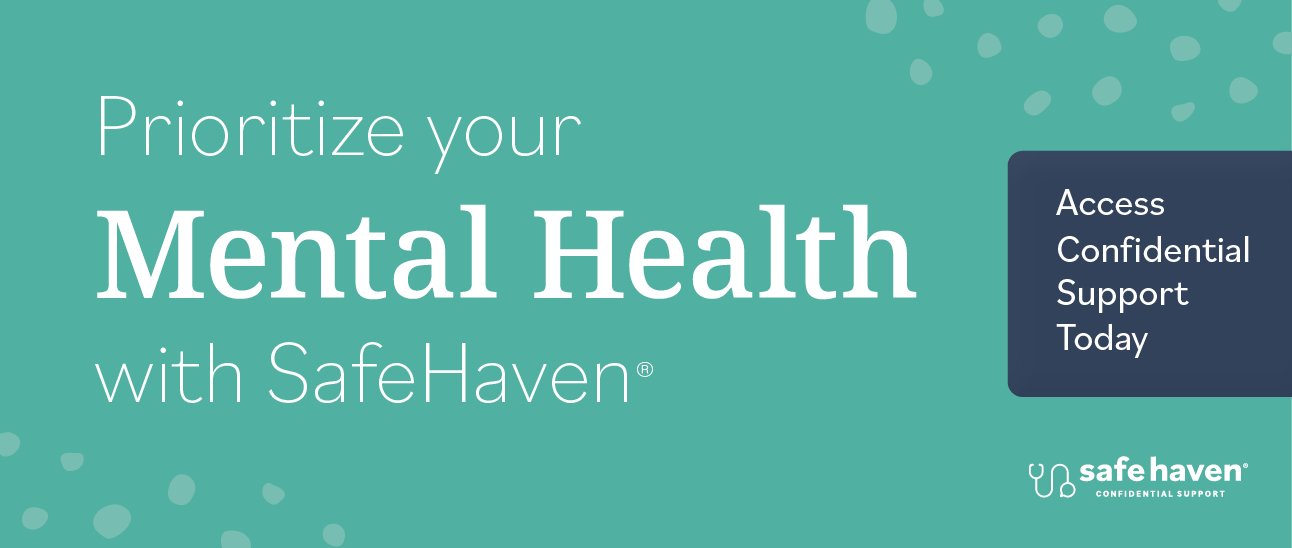Senate passes CARES Act
COVID-19 relief bill contains provisions important to dentistry
March 25, 2020
Washington — The Senate unanimously passed a $2 trillion stimulus package March 25 aimed at helping the people, states and businesses nationwide devastated by the coronavirus pandemic.
The Coronavirus Aid, Relief and Economic Security Act — or CARES Act — will next head to the House where a vote is expected March 27.
Following the vote, the ADA sent out an Issues Alert to dentists. In the email, ADA President Chad P. Gehani said, “For the last few weeks, the American Dental Association has advocated on your behalf as federal lawmakers debate the best way to respond to the deepening economic crisis caused by the COVID-19 outbreak. Congress is finalizing legislation that could support dentists during these exceptional circumstances, and I’d like to provide an update.”
According to Dr. Gehani’s update, these are the provisions in the bipartisan legislation the ADA believes are the most critical for dentists, students and employees:
• Economic Injury Disaster Loans. There are a number of Small Business Administration loans available to dentist owners. One loan, in particular, is the Economic Injury Disaster Loan, which establishes an emergency grant to allow a dental practice that applies for an Economic Injury Disaster Loan to receive an advance on that loan of no more than $10,000, which the Small Business Administration must distribute within three days. The money may be used to pay for employees’ COVID-19-related sick leave, mortgage or rent, and other overhead expenses. The grants would be awarded on a first come, first served basis until the $10 billion fund is exhausted, and applicants would not have to repay the money even if they are denied the loan. Visit the SBA site to learn more about Economic Injury Disaster Loans and other Small Business Administration loans.
• Loan forgiveness for certain small business loans. Employers may be eligible for a portion of their federal small business loans to be forgiven (tax-free) for amounts spent for certain payroll, sick leave, family leave and other overhead expenses between Feb. 15 and June 6, as well as certain other debt obligations incurred prior to Feb. 15.
• Additional Small Business Administration loan payments. The Small Business Administration will pay the principal, interest and any associated fees that are currently owed on 7(a) loans, 504 loans and microloans. This would be for a six-month period starting on the next payment due date. Loans that are already on deferment would include an additional six months of payment by the Small Business Administration beginning with the next payment.
• Retirement account withdrawals. The bill allows for a withdrawal of money from retirement funds (i.e., 401K, etc.) of up to $100,000 in 2020 without paying a tax penalty if the dentist, their spouse or dependent are diagnosed with SARS-CoV-2 or COVID-19, or experience adverse financial consequences as a result of being quarantined, furloughed, laid off, or having work hours reduced due to the viruses.
• Student loan interest deferral. Federal student loan borrowers would not be required to make a payment through Sept. 30. During this time, no interest would accumulate on those federal loans (payment suspension applies only to loans held by the Department of Education, not private loans). Regardless, loan borrowers should call their lender to verify eligibility.
• Income tax break for some employees. Employee borrowers of student loans that receive assistance from their employers in paying off student loans will not have to pay income tax on any payment assistance, up to $5,250, they receive between enactment of this law and Jan. 1, 2021.
• Deferred Social Security tax. Employers and self-employed individuals would be allowed to defer payment of their employer share of the Social Security tax until Dec. 31. The deferred amounts would be paid over the following two years, with half of the amount required to be paid by Dec. 31, 2021, and the other half by Dec. 31, 2022.
• Federal tax rebates. The bill provides for a one-time federal income tax rebate for eligible dentists and their employees in 2020. The rebate amount would be $1,200 for individual tax filers, $2,400 for those filing a joint return and $500 for each child. (The amount of the rebate will be reduced for single filers making more than $75,000 and joint filers earning in excess of $150,000.)
• Increased unemployment benefits. Emergency unemployment compensation benefits will be dramatically increased — by as much as $600 a week — should dental office employees be laid off. This is a supplement for state funded unemployment insurance, with the federal enhancement being funded for four months.
Dr. Gehani concluded the alert by urging dentists to contact their accountants about the provisions to determine how they might benefit from utilizing them. He added that once the bill has been signed into law, the ADA will provide a full and detailed account of all the provisions that affect dentistry.
“We will keep you informed as news breaks on this legislation,” Dr. Gehani said. “These are challenging times, but the ADA will continue to be a resource on important issues for you, your practice, and the profession. This is uncharted territory for the entire dental community, but we will get through this together."
Visit ADA.org/virus for the latest ADA information on the coronavirus pandemic. "






